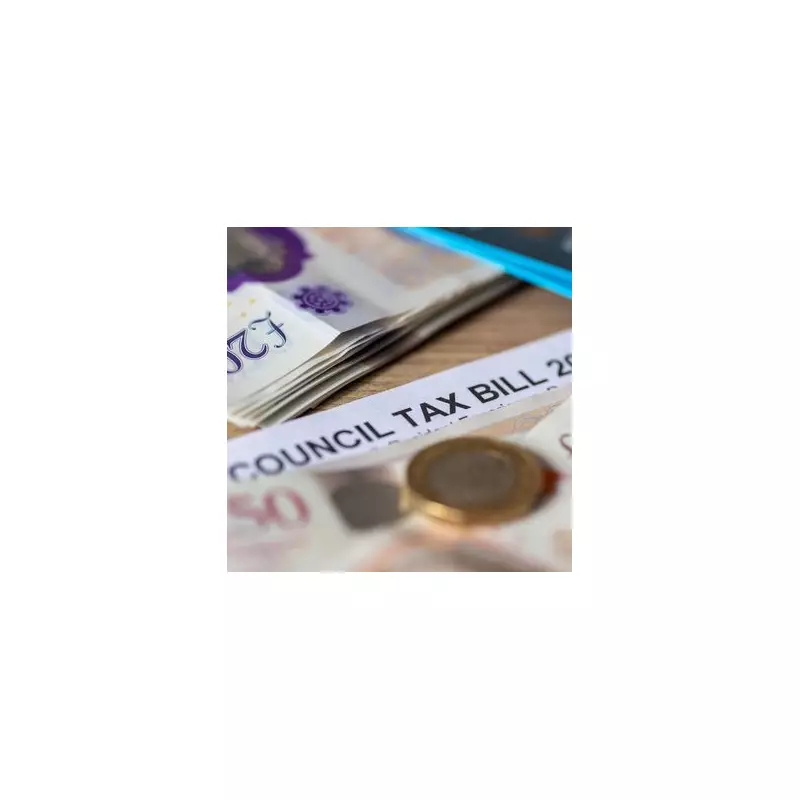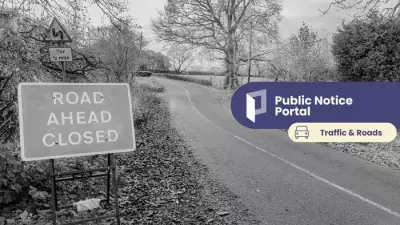
Thousands of Birmingham households are facing unexpected council tax demands after a significant change to the city's support system came into effect.
The controversial shift means many residents who previously paid nothing now face bills running into hundreds of pounds, creating fresh financial pressure during the ongoing cost of living crisis.
What's Changed?
Birmingham City Council has altered its Council Tax Support scheme, reducing the level of protection for working-age claimants. Previously, many low-income households received 100% support, meaning they paid no council tax whatsoever.
Under the new rules, all working-age residents are now required to contribute at least 20% towards their council tax bill, regardless of their income level.
Who's Affected?
The changes primarily impact working-age residents who receive council tax support. This includes:
- Low-income families
- Part-time workers
- Universal Credit claimants
- Those on other means-tested benefits
Pensioners remain protected from these changes and continue to receive support based on the previous scheme's rules.
The Financial Impact
For an average Band D property, the new 20% contribution amounts to approximately £400 annually. Many affected residents report receiving bills they simply cannot afford to pay, creating impossible choices between essential bills and other living costs.
One resident told local media: "I received a bill for £368 out of nowhere. I'm already struggling with food and energy costs - where am I supposed to find this money?"
What You Need to Do
If you've received an unexpected council tax bill:
- Contact Birmingham City Council immediately to discuss payment options
- Ask about hardship funds and discretionary support
- Consider applying for a reduction if your circumstances have changed
- Set up a payment plan if you cannot pay the full amount upfront
The council has acknowledged the challenges but maintains the changes are necessary given current financial pressures on local authority budgets.
Residents are urged not to ignore the bills, as this could lead to additional charges and recovery action.





